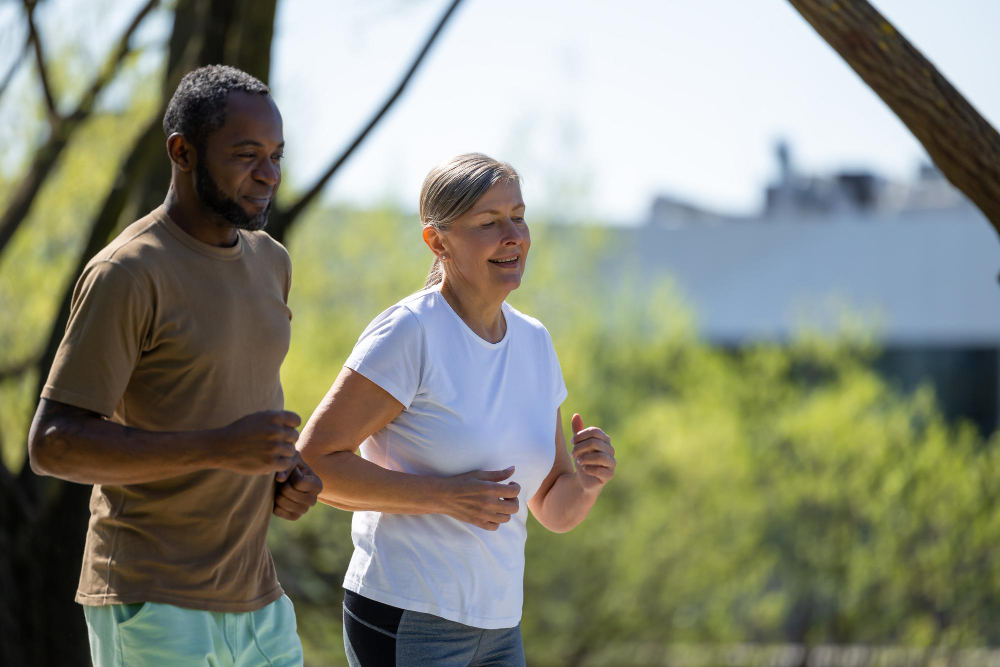Regardless of whether you’ve scheduled one or not, many adults understand that 50 is the magic number for colonoscopy screenings. The majority of doctors recommend that their patients get their initial colonoscopy exam upon turning 50 and then every decade following. New studies show, however, that it’s important to undergo your first colonoscopy exam even before that.
You might be asking, when should you start having colonoscopy exams, and why the change? GI Alliance is ready to answer any questions you may have. Our board-certified gastrointestinal specialists can provide detailed information on what you should expect with a colonoscopy, when to undergo one, and more.
Why screen sooner?
For years, we’ve heard that turning 50 marks the time when we should start screening for colon cancer. But recent studies show that perhaps we should begin screening for the disease even earlier – at age 45. In fact, the USPSTF (United States Preventive Services Task Force) and the CDC (Centers for Disease Control and Prevention) are recommending it. Many insurance providers, including Medicare, have adjusted their policies to begin covering colonoscopy exams at age 45.
This change stems from a growth in the number of colon cancer cases in younger adults. Between the years 2008 and 2017, the death rate in patients 55 and younger increased by 1%. Such a rise is a bit alarming given that the overall colon and rectal cancer rates declined within that same timeframe.
To align with these recent findings, our GI Alliance colonoscopy doctors advise undergoing a colon cancer screening with our gastroenterology team upon turning 45 years old.
Why are colonoscopy screenings important?
You’ve likely heard that undergoing colorectal cancer screenings is important as you advance in age. This is because colon and rectal cancer can be identified very early and commonly prevented with regular exams. Whether a member of your family has experienced colon cancer, you have experienced this disease, or you’re over that “ideal age,” colonoscopies are a critical component of maintaining your health and wellness.
Taking about 15 – 30 minutes to complete, these exams allow our doctors to gain a clear, comprehensive view of your colon. During a colonoscopy screening, our specialists can assess for abnormalities and remove any colon polyps, which can be forwarded to the lab for in-depth evaluation. By removing any polyps, our objective is to catch colon and rectal cancer while it’s in an early stage, if not prevent it altogether.
What are the risk factors for colon and rectal cancer?
You now know the age to begin undergoing screenings for colon cancer, but what might increase your risk for the disease? Common risk factors for colon and rectal cancer involve the following:
- Family history of colorectal cancer
- Lack of exercise
- Previous radiation treatments to the pelvis or abdomen
- Poor dietary habits, or a diet high in fatty foods and low in vegetables, fiber, and fruits
- An inflammatory bowel disease (IBD) such as Crohn’s disease or ulcerative colitis
- Tobacco use
Should you have one or more of the risk factors listed above, reach out to a GI Alliance location near you as soon as possible to learn if you should arrange for a colonoscopy.
Schedule your colonoscopy screening today
We realize that the thought of undergoing a colonoscopy may seem unappealing; however, this quick, commonly performed, vital evaluation could likely save your life. Whether you’re 45 years old or around that age, you should contact GI Alliance to request a colonoscopy consultation. At our gastroenterology centers across the nation, we endeavor to make these screenings as fast and comfortable as possible. If you need help determining if your insurance covers colonoscopies, our team will be more than happy to assist.


